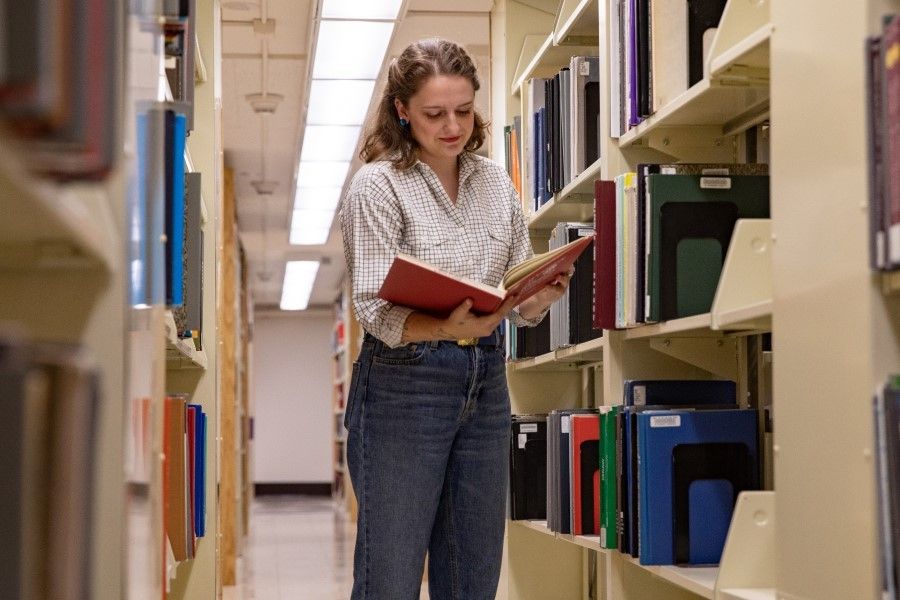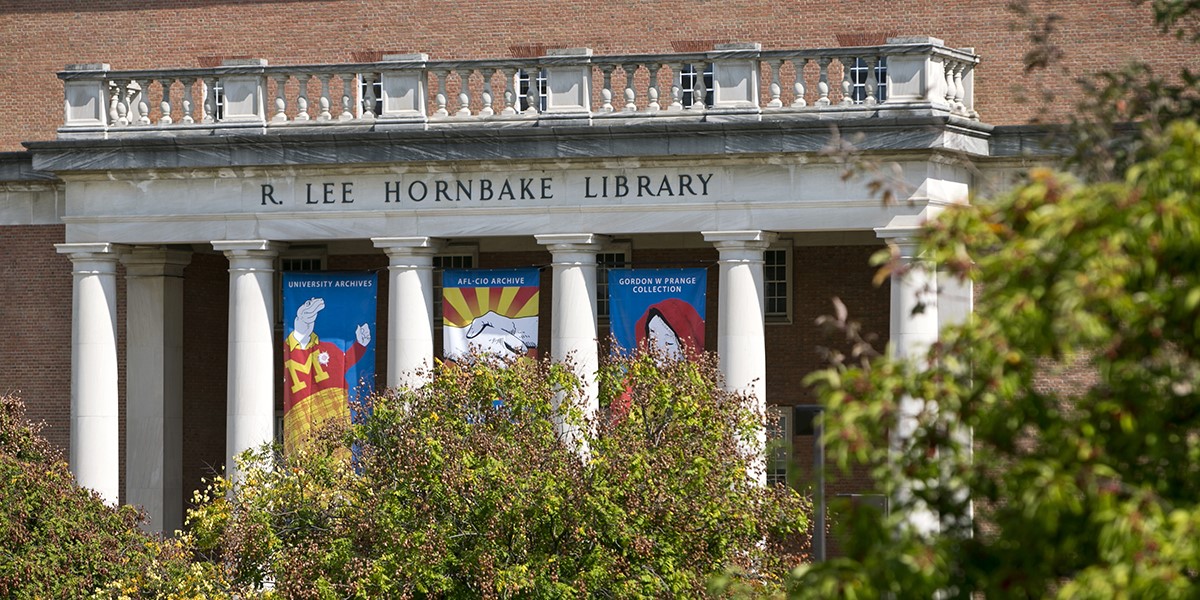School Librarian Certificate
 The UMD College of Information (INFO) offers a special pathway to Master of Library and Information Science (MLIS) students who would like to pursue a career in school librarianship.
The UMD College of Information (INFO) offers a special pathway to Master of Library and Information Science (MLIS) students who would like to pursue a career in school librarianship.
Prospective students can apply to the MLIS Program and complete the School Library Focus Area. They will graduate with an ALA-accredited MLIS degree that qualifies them for jobs in the library and information science field as well as Maryland State Certification as a school librarian (library media specialist) in the District of Columbia, Maryland, and Virginia, and/or other states with comparable requirements.
Would you like to learn more and connect with our program team? Email us at mlisprogram@umd.edu.
Recent News

The MLIS Program at UMD’s INFO College is Training the Next Generation of Librarians, Archivists, and Changemakers
October 16, 2023 | INFO StaffFrom Award-Winning Faculty to Industry Partners, Our Program Sets Our Students Up for Success
